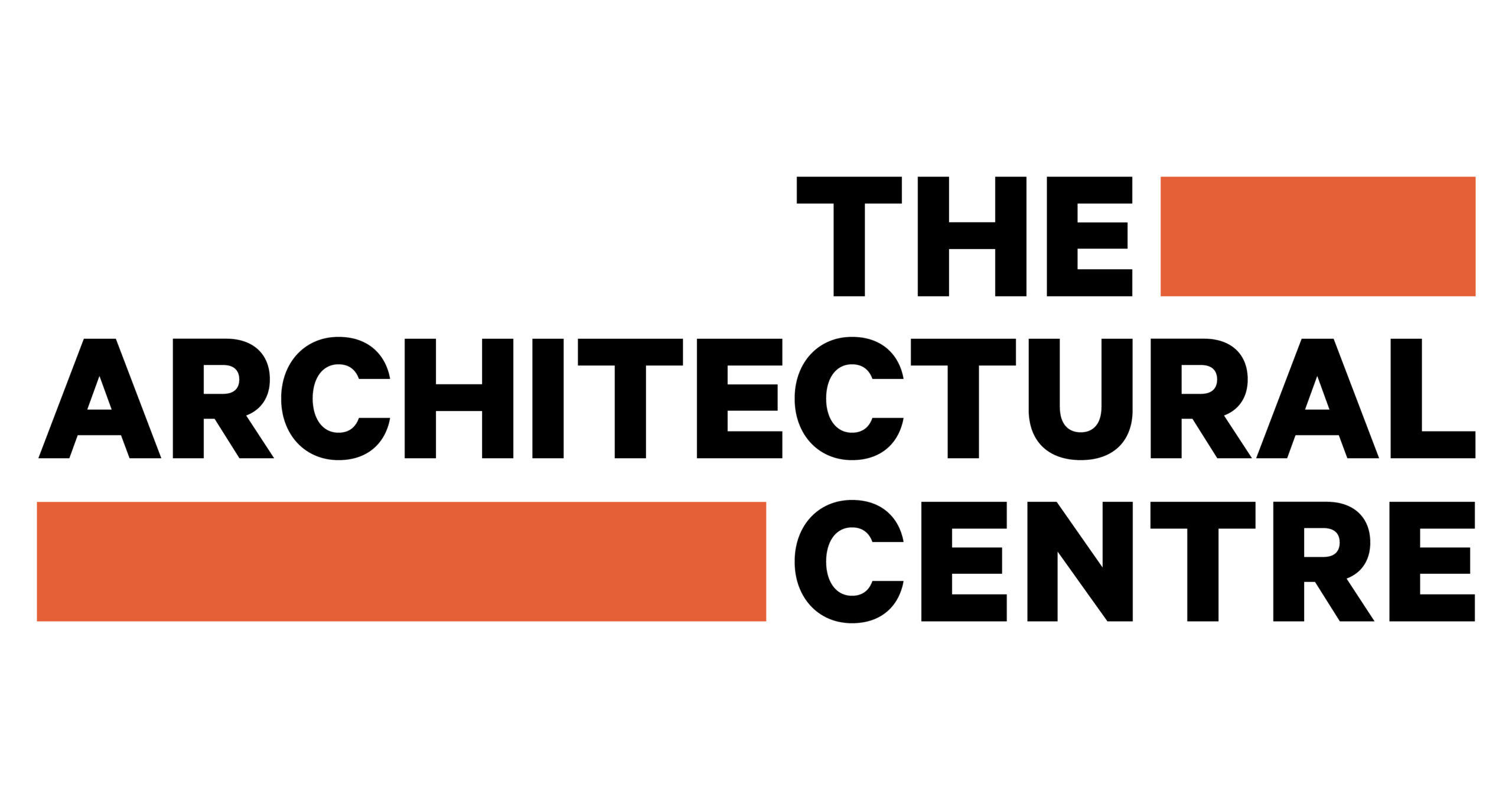 I recently came across Gregory Greene’s (dir.) The End of Suburbia: Oil Depletion and the Collapse of the American Dream, 2004. The time of its release saw an American public becoming mobilised against the war in Iraq and, according to the doomsayers in the documentary, global oil production reaching the cusp of its peak. Perhaps the most chilling point of the documentary, watched with hind-sight, was the prediction of America’s economic collapse, drastic job losses and a recession (leading to a depression) in the global economy scheduled for, well, round-about now actually.
I recently came across Gregory Greene’s (dir.) The End of Suburbia: Oil Depletion and the Collapse of the American Dream, 2004. The time of its release saw an American public becoming mobilised against the war in Iraq and, according to the doomsayers in the documentary, global oil production reaching the cusp of its peak. Perhaps the most chilling point of the documentary, watched with hind-sight, was the prediction of America’s economic collapse, drastic job losses and a recession (leading to a depression) in the global economy scheduled for, well, round-about now actually.
In the documentary, suburbia, powered by fossil fuels, and the domestic consumption that it facilitated, is identified as the engine and but also the expected victim of the 20th century boom-time. I’ll admit that for me, watching was a bit like preaching to the converted, but one thing stood out. The doom and gloom merchants predicted a progressive turning inward of society; they foresaw that an increasingly xenophobic, protectionist and militant/coercive society would vote for the neo-con bloc. This (we assume) is the opposite of what the American public has done in electing Barack Obama.
Toward the end of the doco. the New Urbanists step forward to define a possible future where we return to that small window of time when strong communities, housed in suburbs of medium density, were connected by light rail… the fact that their design also seems to return to this time (a lot of brick and columns, and even in the crowds on the street, a homogeneous Anglo community) creates pangs of discomfort. Perhaps more realistically James Howard Kunstler predicted that, with the decline of energy resources, people will just get on and do what they can, with what they’ve got; in other words adhoc patching and infill.
The important message from The End of Suburbia is not that oil will suddenly end, cause it wont, but that unless we, as architects, as individuals and as a society, work strongly toward maintaining the best aspects of 20th century affluence (such as being able to look after people and provide beautiful, interesting or at least safe, built environments) the future is going to be bleak.
Note: they never talked about developing a lower energy economy; perhaps re-fitting homes with solar hot water and insulation could free up energy for other (industrial) uses!?

Leave a Reply